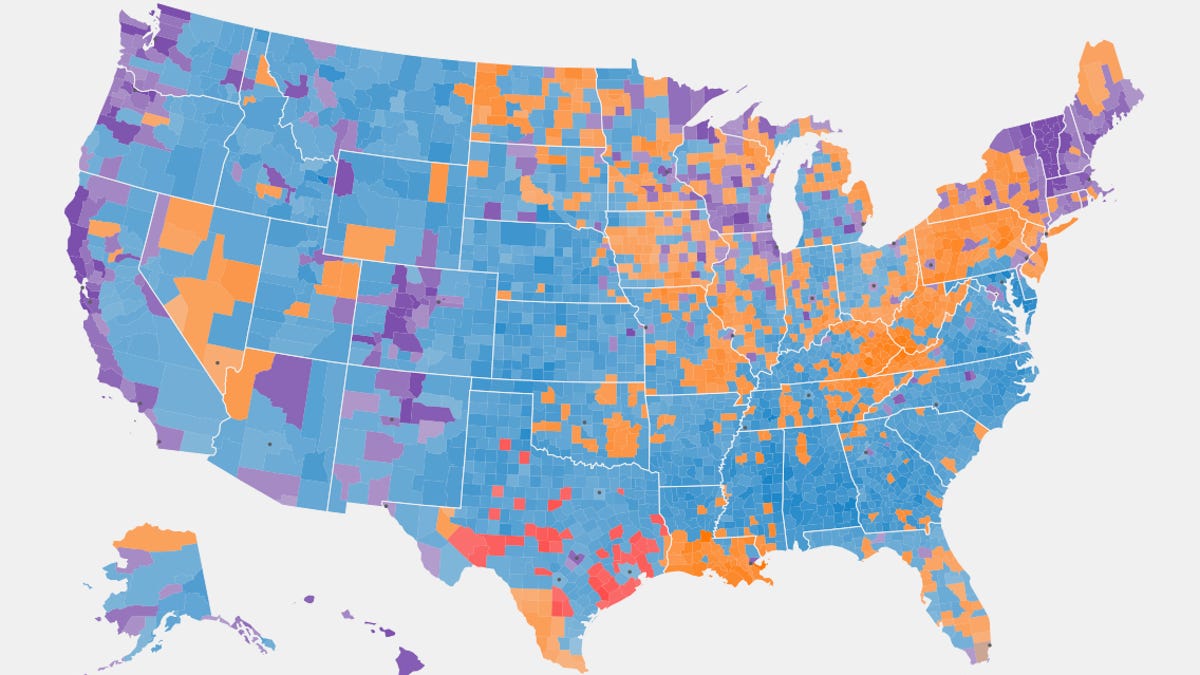Twitter beats national polls for election predictions, prof claims
A new academic paper asserts that machine learning and an analysis of Twitter trends outdo traditional polls on the national level.

Election watchers may be glued to every new national poll regarding this year's presidential election, but one researcher believes that analyzing Twitter may be a more accurate way to predict the results.
Nick Beauchamp, an assistant professor of political science at Northeastern University, said in a paper published last week in the American Journal of Political Science, that his application of machine learning to more than 100 million tweets during the 2012 election cycle closely mirrors the results of state-level political polling. That's significant because state-level polling is considered more accurate than national polls.
"State-level public opinion is at the heart of the US political process, determining not just gubernatorial and senatorial elections, but presidential elections via the electoral college," Beauchamp said in the paper. "Yet despite this importance, time-dense state-level polling is rare, and even during presidential elections, is limited to a small handful of swing states."
With Election Day in the US just 46 days away, the study highlights the expanding role social media plays in the political process. Presidential candidates Hillary Clinton and Donald Trump are set to face off in their first debate on Monday, and Twitter will live-stream Bloomberg TV's coverage of the event. Twitter has even dubbed "#debates" the official hashtag for debate watchers on the social network to react in real time to what's being said (or not said) between the candidates.
Twitter did not immediately respond to a request for comment.
Beauchamp suggests that his approach can be used as a model for measuring "true public opinion" across a variety of social-media sites.
"These results provide not just a tool for generating surveylike data, but also a method for investigating how what people say and think reflects, and perhaps even affects, their vote intentions," he said in the paper. You can delve into Beauchamp's full paper (PDF) for a breakdown of how his Twitter-based measure compared to state-level polls during the 2012 presidential campaign.
National polls show Clinton and Trump in a tight race, but maybe Twitter will be able to offer some insight.

